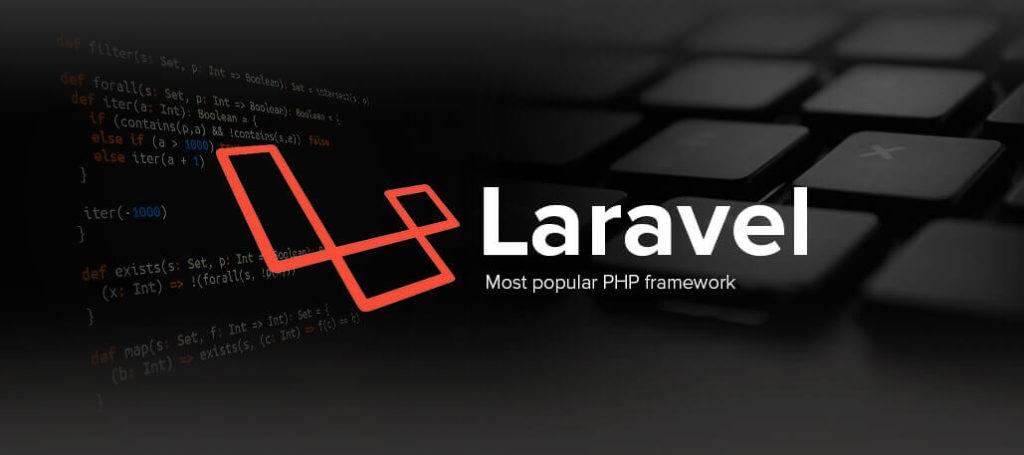Why do we use Laravel Framework?

Cubet re-engineers the data for companies who wish to manage and analyze information for better decision-making. Most of our development and consulting efforts are focused on making data structured and meaningful. PHP is an idle language for developing web applications, which is cost-efficient and reduces development time, useful in projects where stringent security requirements are not needed, and where ML or AI capabilities aren’t part of the scope. There are numerous frameworks to use for building PHP-based web applications and among them, why do we prefer Laravel? This article explains the benefits of using the Laravel framework for the web application development projects we accept and execute.
The language PHP and its framework Laravel is ideally been used by Cubet for developing web development projects which fall under the criterion below. We have identified that Laravel has all the required features which are required to build fast and successfully such web applications.
- data-related software solutions
- communities
- content-oriented websites like news sites and blogs
- enterprise software like CRM, CMS, etc.
- e-commerce based software solutions
- social networking websites
Laravel is one of the most powerful tools in PHP that ensures a fast & well-organized web development process and enables the code to be reusable.
So why do we use Laravel framework?… Well…
- It helps create faster web applications.
- The server-client authentication system is faster
- Software testing can be automated
- Routing and caching activities are faster
- Helps reduce Server overhead
- The critical security threats & vulnerabilities can be fixed easily
A detailed analysis of the Laravel framework is below.
- Authentication and Authorization Systems – We feel that Laravel simplifies the authentication and implementation by enabling out of the box configuration. The later version of Laravel had predefined packages to organize authorization logic and control access to resources.
- Mail Service Integration – Simple API over the popular Swift Mailer library was a useful adoption. The platform has different drives that enable the mail server to get started sending emails through both local or cloud-based system. Notifications can be sent across different delivery channels including SMS and Slack.
- Integration with Caching Tools – We feel that caching makes websites fast, thus directly contributing to better SEO scores, increased user experience, and satisfaction. Popular cache backends such as Memcached and Redis out-of-the-box are supported by Laravel. For smaller applications, Laravel can be configured to use the file cache drive. In the case of enterprise-level web applications, it is better to use an in-memory cache such as Memcached or APC. Laravel is also capable of handling multiple cache configurations.
- Managing the most common Technical vulnerabilities – The years of involvement in software development taught us that vulnerabilities go in hand with the development of any web-based application. Laravel has gone great lengths in handling the most common vulnerabilities like SQL injection, Cross-site request forgery, cross-site scripting, etc. thus cutting the exponentially growing cost of handling vulnerabilities.
- Exception handling – The Laravel framework is configured with exception handling and error handling that makes users aware of errors via error messages. Laravel has support for log handlers which is available through its integrated Monolog logging library.
- Enabling Automation of testing work – We really appreciate the fact that Laravel is built with testing in mind. The platform can simulate basic user behavior such as clicking links, filling out forms, etc. Thus making the unit testing more accurate and less time-consuming.
Cubet prefers Laravel as its web application development framework and uses it continuously. If you want to know more or would like Cubet to consult you for your next project, please drop a line, and we would be happy to assist.